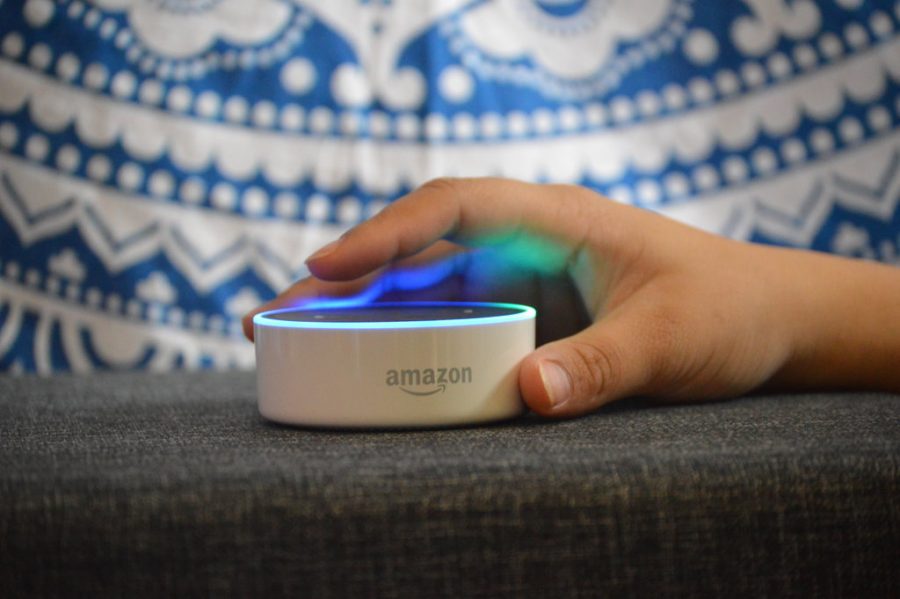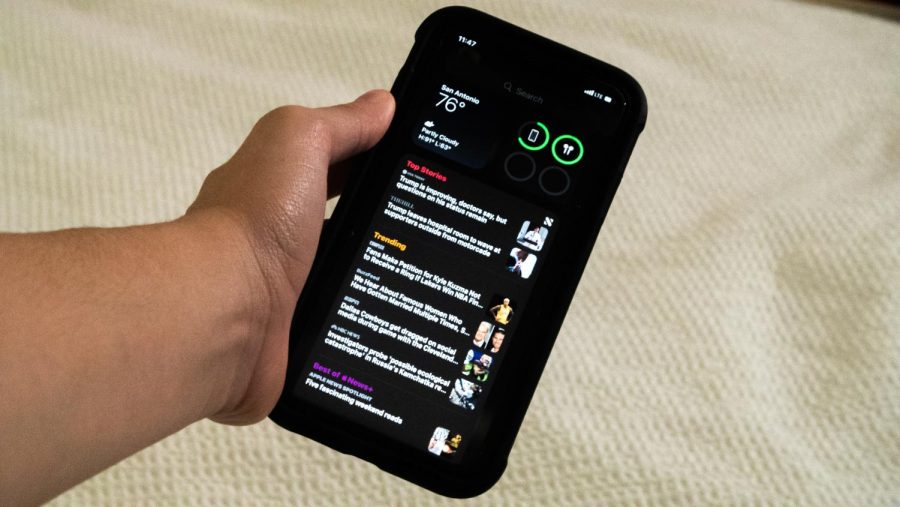 There are two type of people, those who love Apple products and everyone else.
There are two type of people, those who love Apple products and everyone else.
I fall into the first group. I’ve waited around until midnight to be one of the first to get my hands on a moderate upgrade to my current phone. I’ve had a few iPods. My MacBook Pro is in need of a memory upgrade and a new battery because of how long I’ve had it. I even have an iPad, which, I must admit, has very little purpose except as something for me to read with.
I love Apple, and I don’t think that’ll change anytime soon. But Apple is at a serious crossroads. Its cutting edge iPhones have dulled and it releases the same rectangle every year with only a few small tweaks to make it “the best thing yet.” I’m not one of the people who feels the innovation died when Steve Jobs passed on, but I believe that the iPhone is losing its competitive edge.
The newest iPhones, the 5S and 5C, are interesting examples of Apple’s current state.
The 5S is insanely popular at $199 for a 16GB model. If you want a color other than space gray AKA black, you’ll be hard pressed to find one. The demand is high for silver and gold, yet they were also in the lowest supply in the initial launch. The launch of the 5S boosted sales, but the restocking period between the launch and the next shipment of phones coming out has been slow to nonexistent. This is a huge problem, especially if you told your girlfriend you would find her one.
The 5C has not encountered the same success. People have joked that the “C,” which stands for “color,” actually stands for cheap. The $99 16GB iPhone model is a cheap alternative. The big problem here is the 5C wasn’t created for a luxury market, it was created for Asia and the emerging market overseas.
There is very little demand for a cheap iPhone in the United States. The market is already flooded with older models that stores are selling for less than the 5C (some as low as a dollar), and because the 5C doesn’t feature as many upgrades as the 5S, people can’t justify spending the $99 for it. In fact, the 5C is such a downgrade that some stores have already started selling it for $50, such as Best Buy which offers a $50 gift card that can be used on the purchase of the iPhone 5C.
Yet, Apple’s problems persist because the 5C, despite being cheaper than the 5S, is still too expensive for many Asian consumers. It has become such a problem that stock in Apple has once again taken a plunge and it doesn’t look like it will recover anytime soon.
Many investors think that Apple has run its course. It has good products, yes, but lacks the edge it used to hold. Google, on the other hand, is innovating at an incredibly impressive pace. The iPhone is no longer the standard for which other phones are measured; the playing field has been leveled with no clear front-runner.
There are a few phones out there that are certainly impressive. The Samsung Galaxy series has superfluous gimmicks that consumers find exciting, and those features could make smartphone competition interesting for the foreseeable future. Google’s Android, Apple’s clear software competitor, has become superior in some aspects, but lacks a physical mobile device to overthrow the iPhone.
The iPhone started the smartphone era, but it desperately needs an update. The same little black or white rectangle will not keep leading the market if it doesn’t innovate year after year.
iOS, the Apple mobile software, is falling behind. The redesign done by Jonathan Ive, the senior vice president of design at Apple, is wanting and incredibly buggy. Furthermore, the software rapidly drains older iPhone models’ batteries. The lack of software customization, a problem the iPhone has had since it was first introduced, is quickly becoming the downfall of a great software system. Meanwhile, Android continues to allow consumers to customize their phones.
The future of smartphones is quickly changing. In the near future, Apple may no longer be the leader of the smartphone revolution as it quickly falls behind. Meanwhile, Google seems to be unstoppable, so get ready to buy all your apps for a second time when you switch over to Android.







